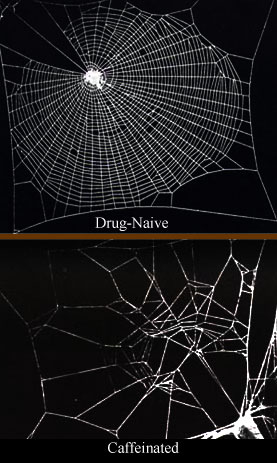
“This coffee plunges into the stomach … the mind is aroused, and ideas pour forth like the battalions of the Grand Army on the field of battle.” So wrote Balzac, who wrote for up to 15 hours a day wired on black coffee.
If anything, he was ahead of his time. Today we drink more than 400 billion cups of coffee every year, making it the world’s most popular beverage. It’s second only to oil as the world’s largest traded commodity.
So, is it safe to consume that much of anything? Well, yes and no.
Generally, one dose of caffeine is 100 mg. That’s what you’d get in one shot of espresso, 5 ounces of coffee, or 2.5 cans of soda. The lowest dose that’s ever killed someone is 32 times that — and that was delivered intravenously. Even with strong coffee, you’d have to drink 3 cups an hour for 100 hours even to come close to killing yourself.
But that’s not all that can happen. At lower doses you might develop “caffeinism,” a condition that mimics mental illnesses ranging from anxiety and bipolar disorder to schizophrenia and psychosis.
(And that’s just humans. Dogs, horses and parrots have much more trouble metabolizing caffeine, and it hits spiders harder than even LSD, marijuana, benzedrine and chloral hydrate, as you can see here.)
And, as always, there’s no accounting for craziness. Jason Allen, a student at a North Carolina community college, died after swallowing almost 90 pills — about 18 grams of pure caffeine. That’s the equivalent of about 250 cups of coffee, a gallon and a half of espresso, or 22 gallons of Mountain Dew. That’s a serious all-nighter.
